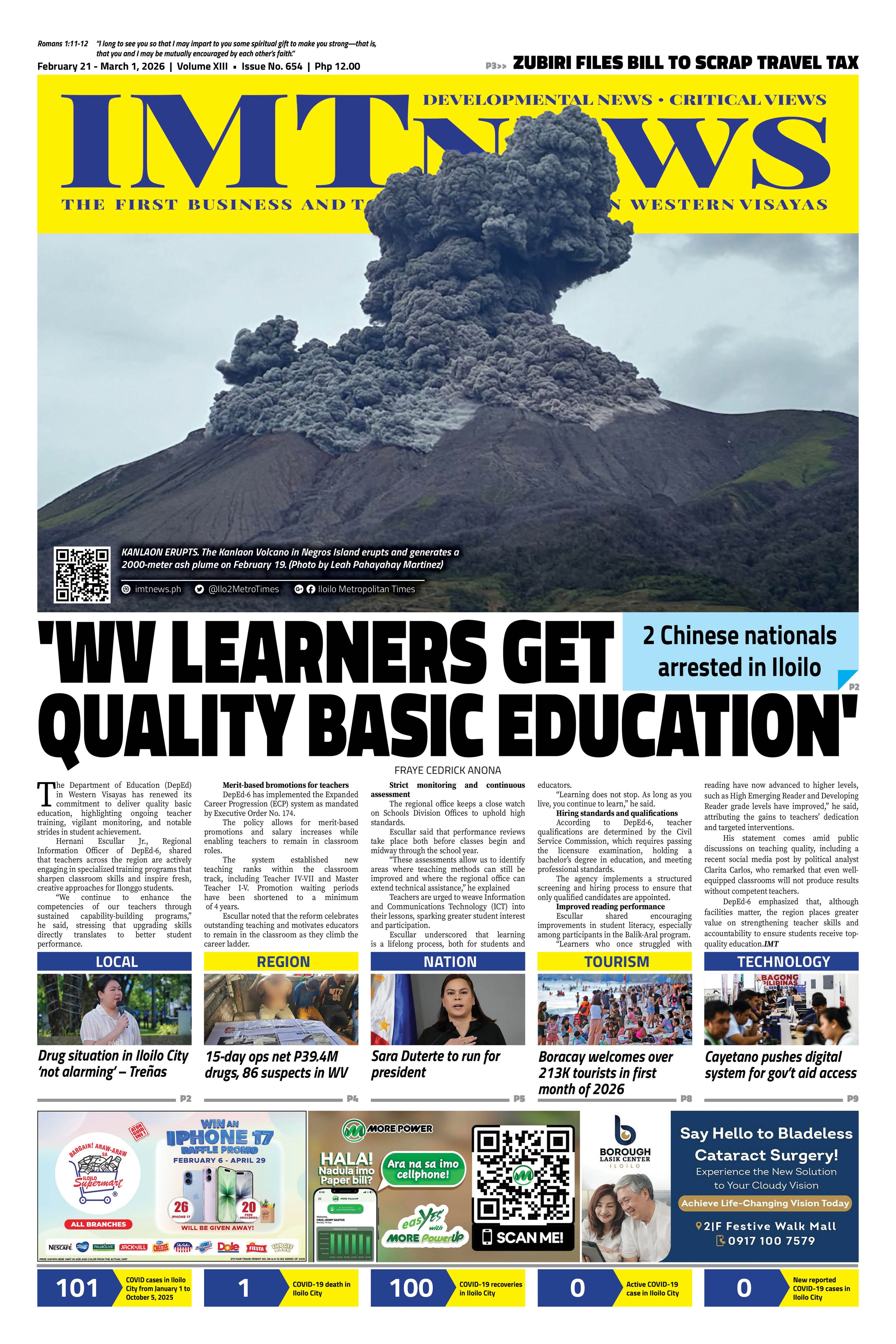Filipinos have this quietly beautiful way of showing love—not always with big words, but with small, thoughtful acts. One of the most tender examples of this? The balikbayan box. At first glance, it might look like just a cardboard container wrapped in duct tape. But anyone who’s ever received one knows—it holds so much more than stuff.
When a balikbayan box arrives at a family’s doorstep in the Philippines, it feels like a loved one has come home. There’s a certain kind of silence before the unboxing—a pause that carries weight. And then, one by one, things are pulled out: familiar snacks, shampoo bottles with foreign labels, jackets with the scent of a distant winter. Every item is chosen with someone in mind. Each one says, “I may be far, but I never forgot you.”
I remember the first box my daughter sent me from abroad. Tucked inside were books I used to mention in passing and Funko Pops from films we used to watch together. It wasn’t the items themselves that got me—it was the care, the memory of our shared stories, and her effort to send a part of herself back home. That box reminded me that love doesn’t need to shout to be felt.
In many Filipino homes, opening a balikbayan box turns into a small celebration. Everyone gathers. Laughter bounces off the walls. Someone reads labels aloud while others dig for a favorite chocolate or a long-requested lotion. And sometimes—there are tears. Especially when a scent or a note tucked between shirts reminds you of a sibling, a parent, a child who’s been gone for too long.
This tradition, rooted in the 1970s when the government encouraged OFWs to send tax-free packages home, has grown far beyond economic policy. It’s become a cultural ritual—an extension of our age-old pasalubong practice. Today, balikbayan boxes move through ports and cargo ships as part of a $5-billion industry. But no price tag can ever capture what they mean.
Of course, there are layers to this. Some say the balikbayan box reflects a colonial hangover—the way we sometimes place more value on imported brands. And it’s true: a tube of foreign toothpaste can become a subtle status symbol in certain circles. Scholars like Rachel Salazar Parreñas and Clement Camposano have pointed out how these boxes also carry expectations, and sometimes guilt. But that complexity doesn’t take away the emotion behind the gesture—it just makes it more human.
Lately, I’ve noticed a shift. More and more, these boxes include Filipino-made items—locally crafted skincare, artisanal snacks, even books by Filipino authors. There’s a growing sense of pride, a quiet reclaiming of identity. My daughter’s box wasn’t packed with luxury labels. It was full of us—our quirks, our inside jokes, our bond.
And for OFW moms, these boxes are more than just care packages. They’re acts of mothering from a distance. Anthropologist Pierrette Hondagneu-Sotelo called it “transnational parenting”—when a mother packs a toy or a dress, it’s not just a gift. It’s her way of saying, I’m still here. I still see you.
Balikbayan boxes have even played a role in building small dreams. Many recipients start sari-sari stores or online businesses with the products they receive. The box becomes more than a gift—it’s seed capital, a spark of possibility. It’s Filipino resilience, taped up and shipped home.
That said, it’s not always easy. Customs regulations, delays, unexpected fees—they make the process harder than it needs to be. But people still send them. Because for many Filipinos abroad, this is how we stay connected. No amount of paperwork or red tape can measure what’s packed into these boxes.
When I opened my daughter’s box, I didn’t just see collectibles and books. I saw her. Her thoughtfulness, her effort to bridge the distance. Her way of saying, without needing to say it, “I love you, Dad.”
So yes, a balikbayan box may just be cardboard and tape. But inside, it carries stories. Memories. A presence that makes the absence a little easier to bear. And in every lovingly packed item, there’s a quiet truth: that no matter how far we go, love always knows the way back home.
Doc H fondly describes himself as a “student of and for life” who, like many others, aspires to a life-giving and why-driven world grounded in social justice and the pursuit of happiness. His views do not necessarily reflect those of the institutions he is employed or connected with.






